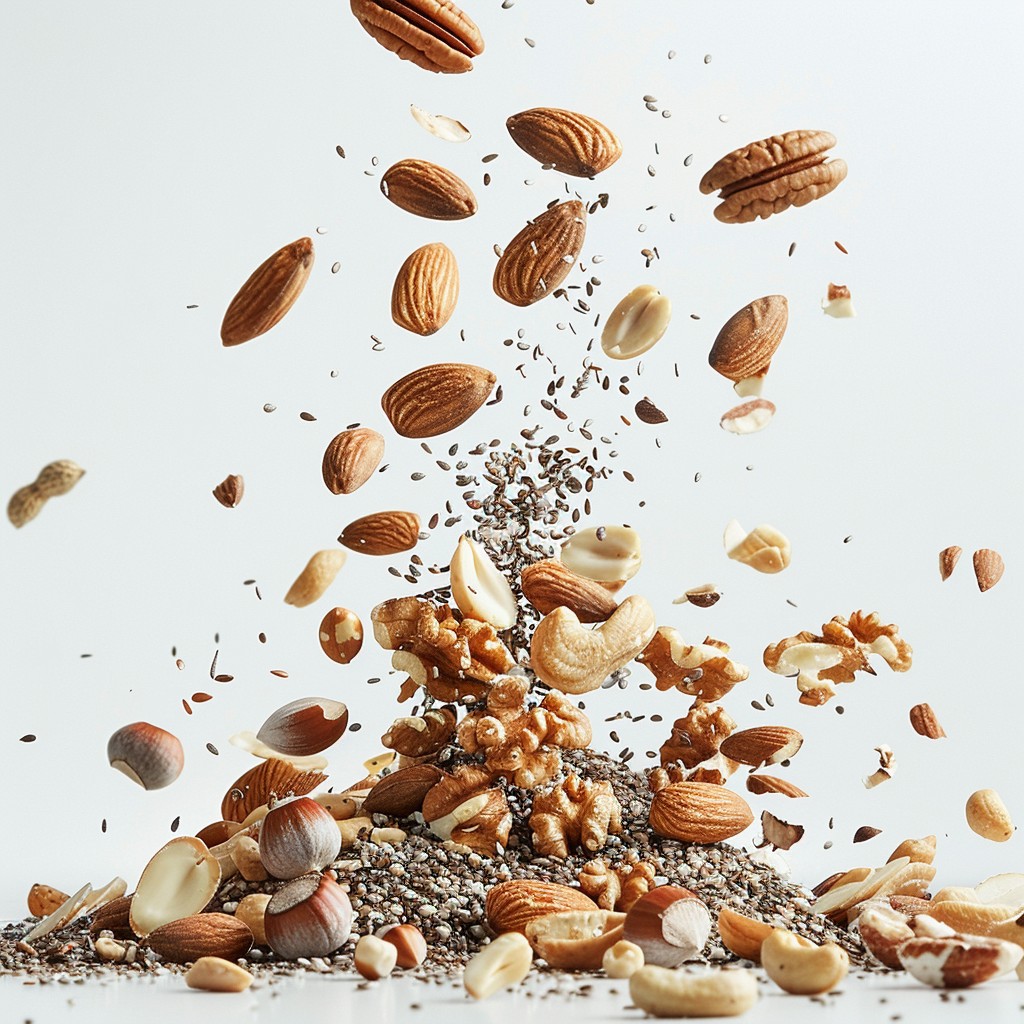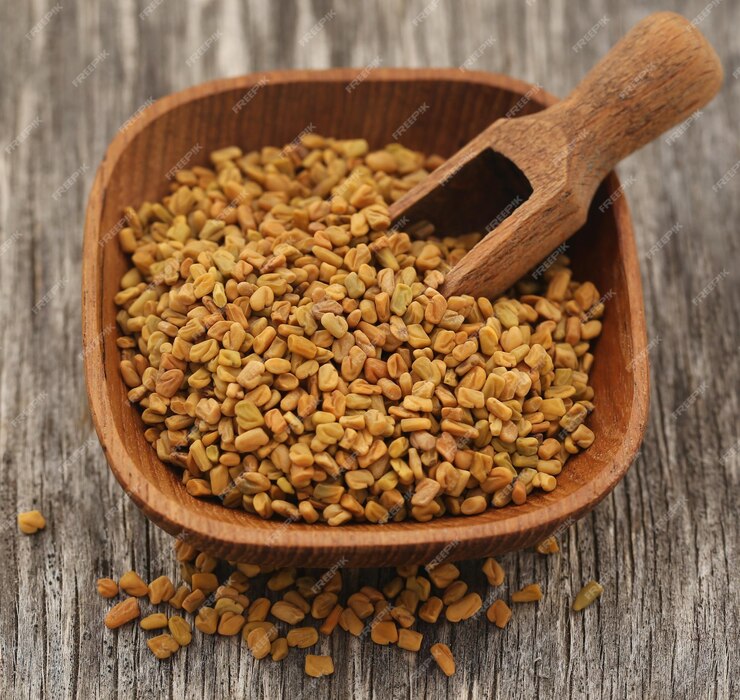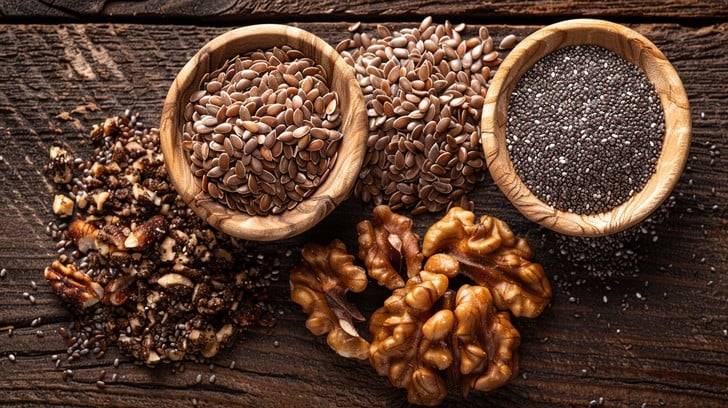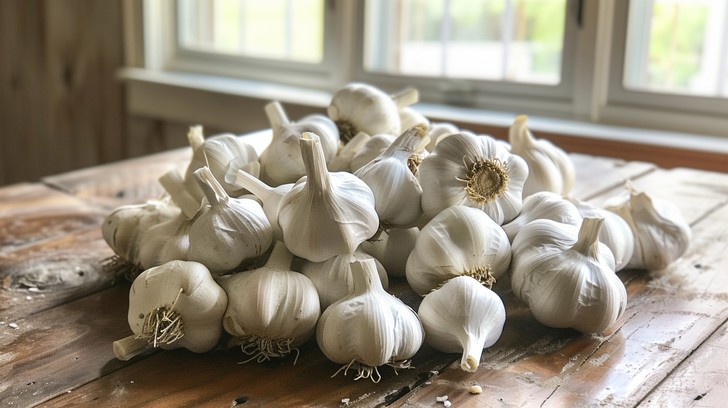Hypertension: High Blood Pressure Causes, Symptoms, and Treatment
Hypertension, commonly known as high blood pressure (BP), is a condition where the force of the blood against the artery walls is consistently too high. This can lead to severe health problems, including heart disease, stroke, and kidney failure.
What is High Blood Pressure?
High blood pressure, or hypertension, occurs when the blood pressure in your arteries is persistently elevated. Blood pressure is measured in millimeters of mercury (mm Hg) and recorded as two numbers: systolic pressure (when the heart beats) over diastolic pressure (when the heart rests between beats).
What is Considered High Blood Pressure?
- Normal BP: Below 120/80 mm Hg
- Elevated BP: 120-129 mm Hg systolic and less than 80 mm Hg diastolic
- Hypertension Stage 1: 130-139 mm Hg systolic or 80-89 mm Hg diastolic
- Hypertension Stage 2: 140 mm Hg or higher systolic or 90 mm Hg or higher diastolic
- Hypertensive Crisis: 180/120 mm Hg or higher (requires immediate medical attention)
High Blood Pressure Symptoms
High blood pressure or hypertension is often called the “silent killer” because it may not cause noticeable symptoms until significant damage has occurred. However, some people may experience:
- Severe headaches
- Fatigue or confusion
- Vision problems
- Chest pain
- Difficulty breathing
- Irregular heartbeat
- Blood in the urine
Causes of High Blood Pressure
Several factors can contribute to the development of hypertension:
- Genetics: Family history plays a crucial role in hypertension risk.
- Unhealthy Diet: High intake of salt, processed foods, and alcohol can lead to high blood pressure.
- Obesity: Excess weight increases the demand on your heart, leading to higher blood pressure.
- Lack of Physical Activity: Sedentary lifestyles contribute to weight gain and hypertension.
- Stress: Chronic stress can lead to temporary increases in blood pressure.
- Smoking: Tobacco use raises blood pressure and damages the walls of your arteries.
- Aging: Blood pressure tends to increase with age.
Blood Pressure Medication
Treatment for hypertension often includes lifestyle changes and medication. Common medications include:
- Diuretics: Help the body eliminate excess sodium and reduce fluid levels.
- Beta-Blockers: Reduce heart rate and the heart’s workload.
- ACE Inhibitors: Relax blood vessels by blocking the formation of a natural chemical that narrows blood vessels.
- Calcium Channel Blockers: Prevent calcium from entering the heart and blood vessel walls, resulting in lower blood pressure.
Hypertension Symptoms and Related Conditions
- Headache and High Blood Pressure: Persistent headaches can be a symptom of severe hypertension and should not be ignored.
- Pregnancy-Induced Hypertension: Some women develop hypertension during pregnancy, known as preeclampsia. This condition can be dangerous for both mother and baby and requires careful monitoring.
Guidelines on Hypertension
According to the American Heart Association (AHA), it is essential to regularly monitor blood pressure and manage it through lifestyle changes and medication as needed. The AHA provides updated guidelines to help healthcare providers diagnose and treat hypertension effectively.
Ayurvedic Treatment of Hypertension
Ayurveda, the ancient Indian system of medicine, offers natural remedies for managing high blood pressure:
- Triphala: A combination of three fruits, Triphala is believed to cleanse the blood and improve circulation.
- Ashwagandha: This herb helps reduce stress, a common cause of hypertension.
- Garlic: Known for its heart-healthy properties, garlic can help lower blood pressure naturally.
https://healthayurvedic.com/benefits-of-garlic/
Yoga Asanas for Hypertension?
Yoga is an effective way to manage stress and reduce blood pressure. Some beneficial asanas include:
- Shavasana (Corpse Pose): Helps relax the body and mind, reducing stress and blood pressure.
- Vajrasana (Thunderbolt Pose): Improves digestion and helps in controlling blood pressure.
- Pranayama (Breathing Exercises): Deep breathing exercises help calm the mind and reduce hypertension.
Conclusion
Hypertension is a serious condition that requires attention and management. By understanding its causes, symptoms, and treatments, you can take proactive steps to control your blood pressure and reduce the risk of complications. Incorporating lifestyle changes, considering Ayurvedic remedies, and practicing yoga can all contribute to better blood pressure management and overall health.
Disclaimer: This blog is for informational purposes only. Always consult with your healthcare provider before making any changes to your treatment plan.







